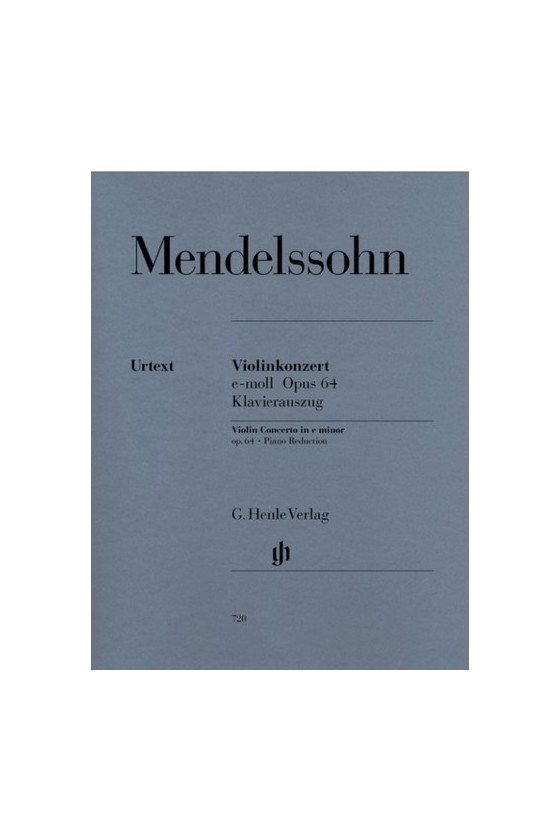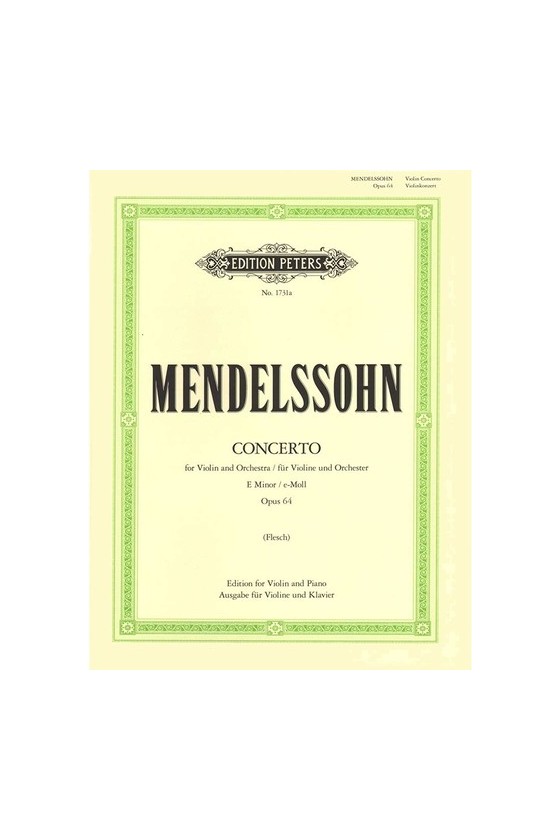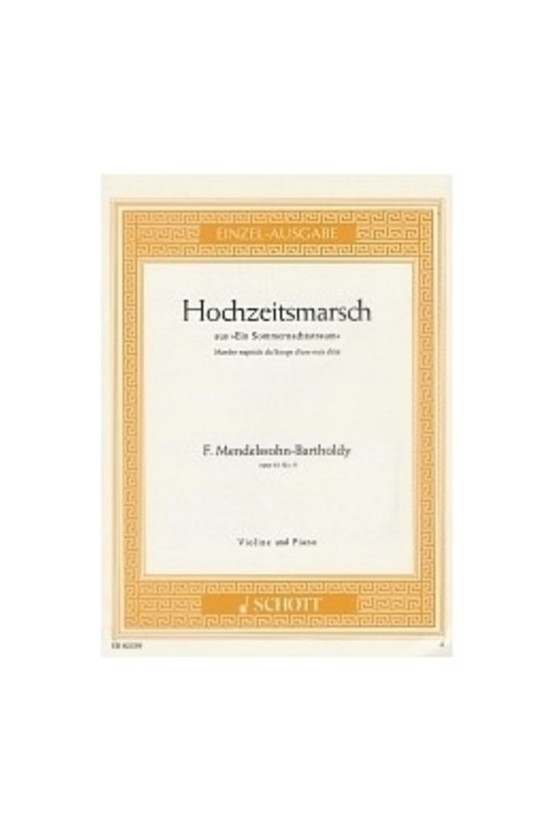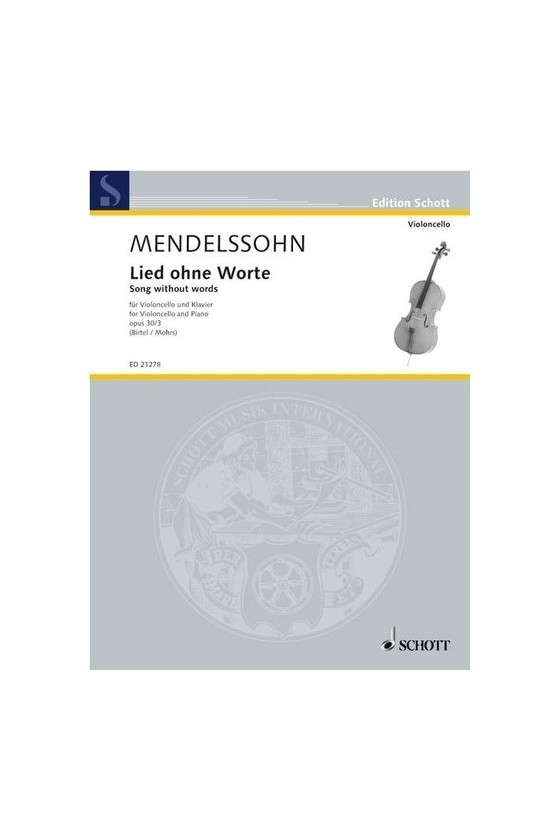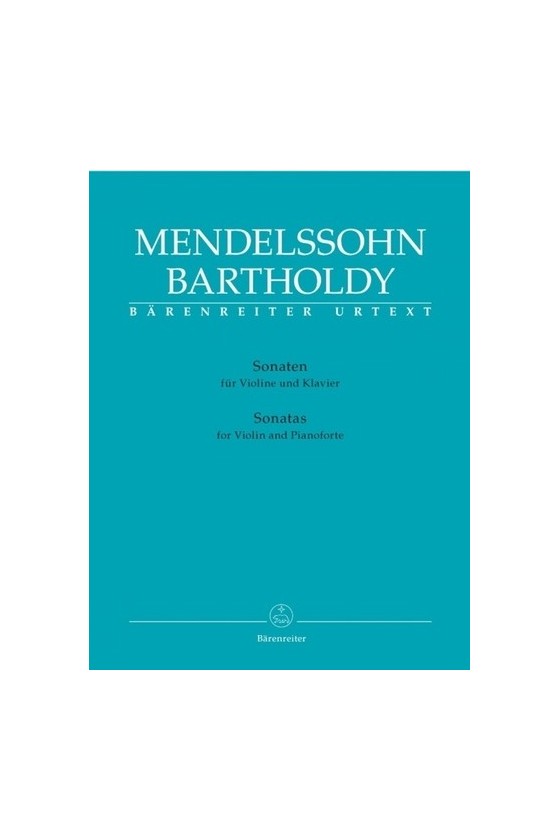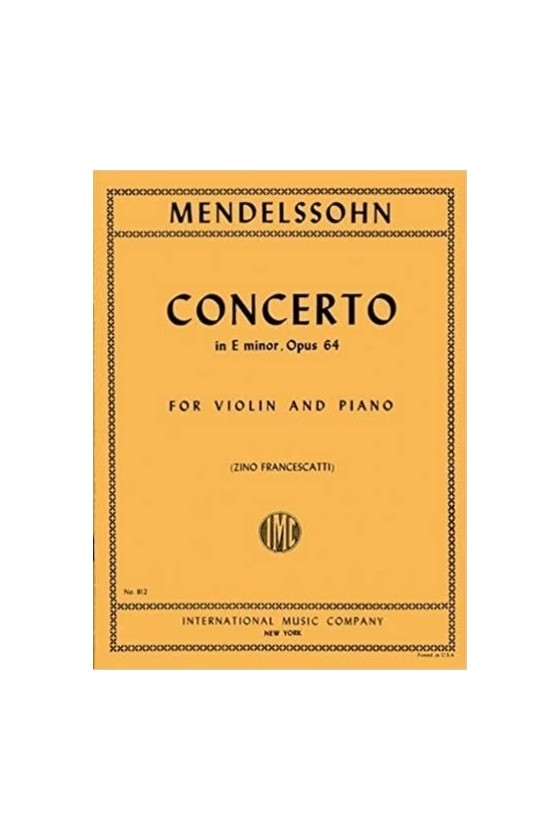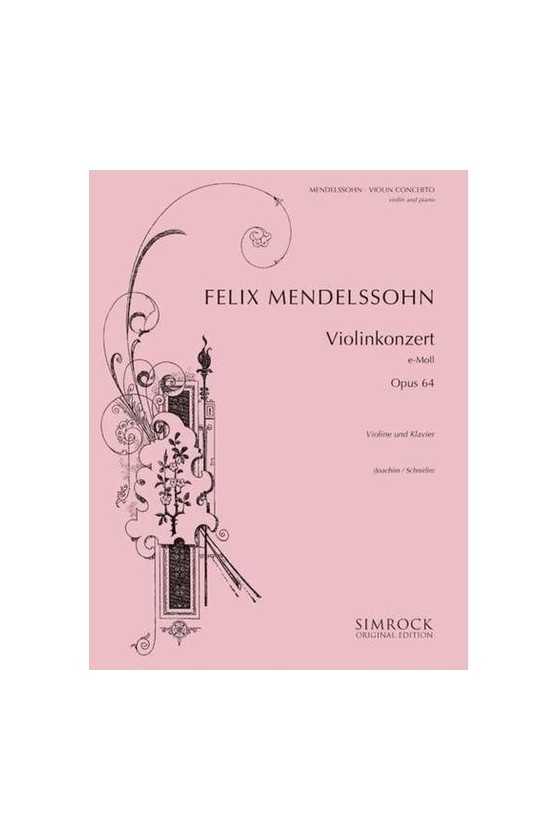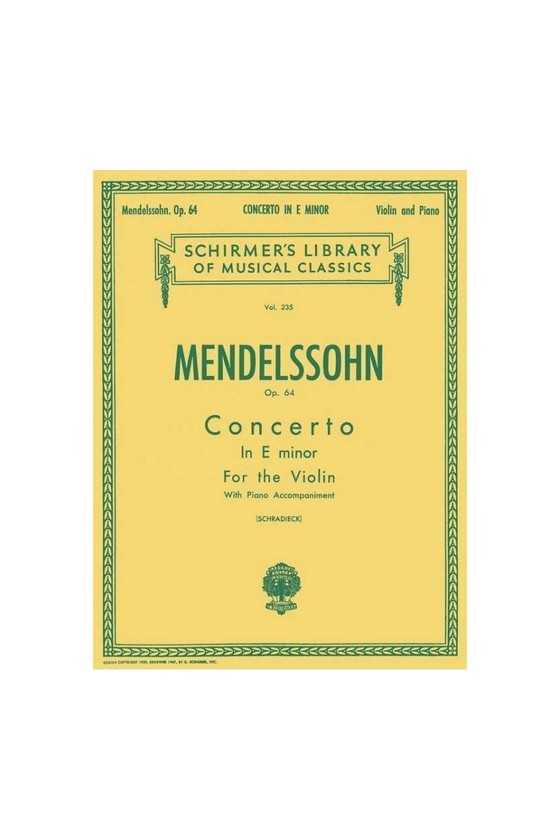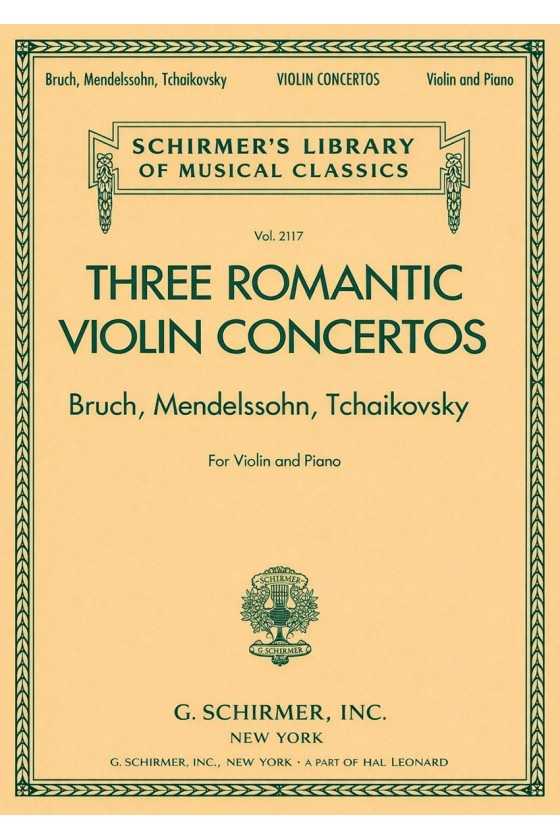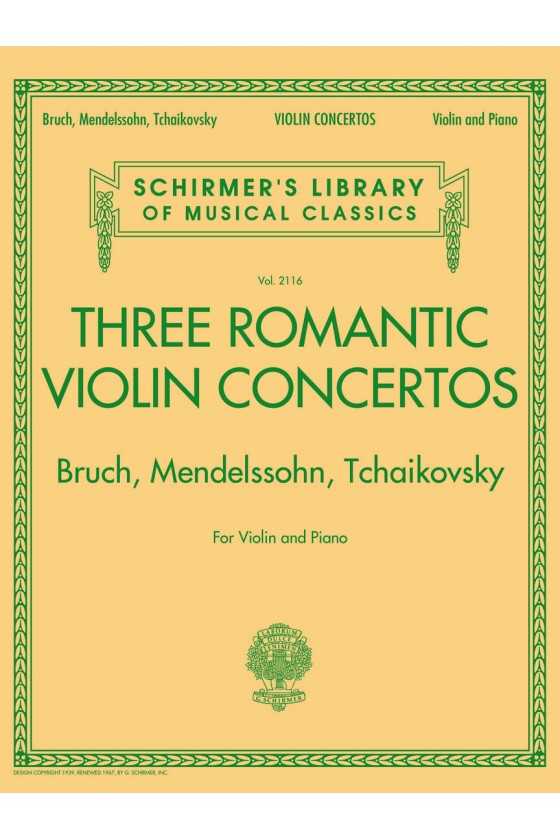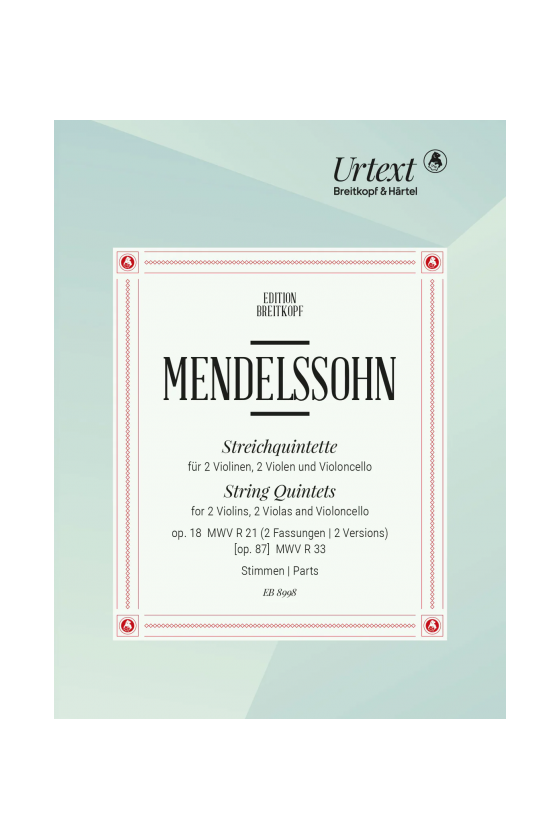Mendelssohn, Felix
Felix Mendelssohn, born on February 3, 1809, was a prominent figure in the early Romantic era. He was a German composer, pianist, musical conductor, and teacher. Mendelssohn's music, while rooted in Classical styles and techniques, also embraced the core elements of Romanticism. This musical trend emphasized emotion and creativity, breaking away from rigid modes and rituals. Throughout his career, Mendelssohn composed a wide range of works, including symphonies, concertos, chamber music, and oratorios. His notable compositions include the Overture to A Midsummer Night's Dream, the Italian Symphony, and the oratorio Elijah.
Early Life and Education
Felix Mendelssohn was born into a Jewish family to parents Abraham and Lea Salomon Mendelssohn. His parents, proud of their heritage but aligned with 19th-century liberal ideals, believed it was important to embrace the Christian religion as a symbol of their emancipation from the ghetto. In 1816, Felix, along with his brother and two sisters, was baptized as a Lutheran. The family also adopted the surname Bartholdy after Felix's maternal uncle when his parents were baptized in 1822.
Mendelssohn's musical education began at a young age. He learned to play the piano from his parents and received formal training in piano and composition in Berlin. He studied piano with Ludwig Berger and composition with Carl Friedrich Zelter, a highly influential figure in his development as a composer and teacher. Mendelssohn's upbringing was enriched with literature, nature art, and a strong emphasis on cultivating his imagination and scholarship.
Early Achievements and Musical Genius
Even in his childhood, Mendelssohn displayed remarkable musical talent and composed numerous works, including operas, symphonies, concertos, sonatas, and fugues. Unfortunately, many of these early compositions were lost after World War II. At the age of nine, Mendelssohn made his first public appearance as a pianist in Berlin. However, it was as a conductor that he truly flourished.
One of Mendelssohn's notable achievements as a conductor was the revival of Johann Sebastian Bach's St. Matthew Passion. On March 11, 1829, Mendelssohn conducted the first production of this masterpiece since Bach's death, sparking a 19th-century Bach revival. During his travels to Switzerland, Mendelssohn encountered Carl Maria von Weber, whose opera Der Freischütz inspired him to infuse his own music with a nationalistic flavor.
The String Octet and the Scherzo Genre
In 1825, Mendelssohn composed the String Octet in E Flat Major, a work that showcased his technical mastery and unique musical voice. This composition demonstrated an unparalleled lightness of touch, melodic originality, and rhythmic creativity for its time. The String Octet also introduced the scherzo genre, a playful and lively musical movement. Mendelssohn later incorporated the scherzo into his incidental music for A Midsummer Night's Dream in 1843.
Musical Style and Influences
Mendelssohn's music beautifully combined Classical craftsmanship with Romantic sensibilities. His compositions often showcased lyrical melodies, expressive harmonies, and intricate counterpoint. The influence of composers such as Mozart and Bach can be heard in his works, but Mendelssohn's musical language also possessed a distinct character and individuality.
Concertos and Symphonies
Mendelssohn's contributions to the concerto genre include a violin concerto composed in 1844 and two piano concertos composed in 1831 and 1837, respectively. These concertos, characterized by their virtuosic passages and expressive melodies, remain beloved staples of the Romantic repertoire.
Among Mendelssohn's symphonies, the Italian Symphony stands out as a masterpiece. Composed in 1833, this symphony captures the essence of Italian culture and landscapes. Its vibrant and energetic melodies, combined with Mendelssohn's impeccable craftsmanship, make it a perennial favorite among audiences and performers alike.
Chamber Music and Solo Piano Works
Mendelssohn's chamber music compositions are revered for their elegance, lyricism, and rich harmonic palette. His string quartets, piano trios, and sonatas showcase his mastery of form and his ability to create intimate and expressive musical conversations.
As a pianist himself, Mendelssohn also left behind a significant body of solo piano works. His piano music is characterized by its technical demands, poetic beauty, and melodic inventiveness. Pieces such as the Songs Without Words, the Variations sérieuses, and the Rondo capriccioso display Mendelssohn's virtuosity and his ability to convey a wide range of emotions through the piano.
Choral Music and Oratorios
Mendelssohn's choral music, particularly his oratorio Elijah, holds a significant place in the classical choral repertoire. Composed in 1846, Elijah tells the biblical story of the prophet Elijah with dramatic intensity and powerful choral writing. This oratorio showcases Mendelssohn's ability to blend grandeur and intimacy, creating a musical experience that is both emotionally stirring and spiritually uplifting.
Legacy and Influence
Felix Mendelssohn's contributions to music had a lasting impact on the Romantic era and beyond. His works bridged the gap between the Classical and Romantic styles, and his innovative approach to composition paved the way for future generations of composers. Mendelssohn's emphasis on melody, expressive harmonies, and meticulous craftsmanship served as an inspiration for composers such as Johannes Brahms and Pyotr Ilyich Tchaikovsky.
Conclusion
Felix Mendelssohn was a musical genius whose works continue to captivate audiences worldwide. His ability to blend Classical traditions with Romantic ideals resulted in compositions that are both technically brilliant and emotionally profound. From his early achievements as a child prodigy to his mature works, Mendelssohn's music remains a testament to the power of art to transcend boundaries and touch the depths of the human soul.
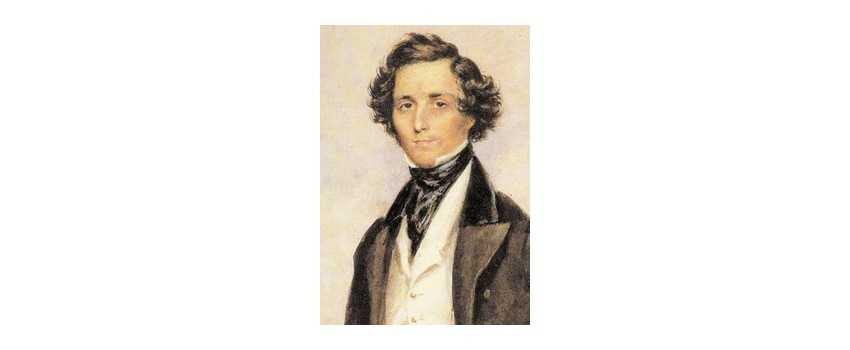
Mendelssohn, Violin Concerto in E Minor Op. 64 (Boosey & Hawkes)
Mendelssohn, Violin Concerto in E Minor Op. 64 (Boosey & Hawkes). Simrock Original Edition.
Mendelssohn, Concerto In E Minor Op. 64 For Violin And Piano (Schirmer)
For violin and orchestra (piano reduction).
Three Romantic Violin Concertos By Bruch, Mendelssohn, And Tchaikovsky (Schirmer)
Three Romantic Violin Concertos (Schirmer) brings together the Bruch G-minor, Mendelssohn E-minor, and Tchaikovsky D-major concertos—three pillars of the Romantic violin repertoire.
Key features
• Three iconic concertos in one volume
• A journey from lyricism to symphonic virtuosity
• Essential study and performance repertoire
• Cornerstone collection for advancing violinists
Three Romantic Violin Concertos: Bruch, Mendelssohn, Tchaikovsky
Three Romantic Violin Concertos gathers the Bruch G-minor, Mendelssohn E-minor, and Tchaikovsky D-major concertos into one essential volume showcasing the full expressive arc of Romantic violin writing.
Key features
• Three iconic audience-favorite concertos
• From lyric warmth to symphonic virtuosity
• Core repertoire for every advancing violinist
• A lifelong foundation of Romantic expression

